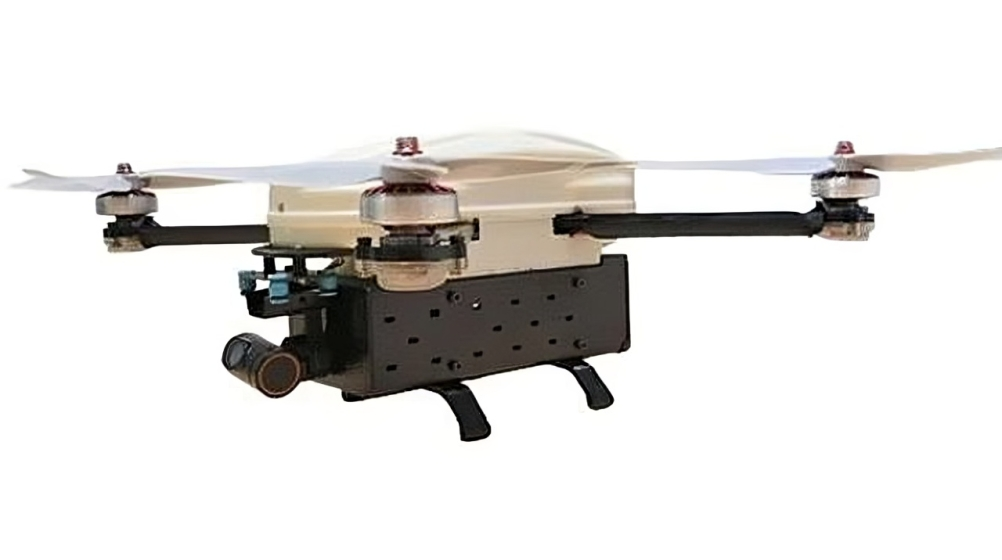In a significant boost to India’s indigenous defence technology ambitions, the Indian Army has validated a micro-category tactical drone, Ajeet Mini, developed by Chennai-based Zuppa Geo Navigation Technologies. The compact unmanned aerial vehicle (UAV) successfully met key performance parameters during rigorous field trials conducted earlier this week by a Mountain Brigade in high-altitude terrain.
While the Army’s validation does not constitute an immediate procurement contract, it marks a crucial milestone, positioning Ajeet Mini for future defence trials and potential induction into strategic procurement pipelines.
Built entirely on Zuppa’s proprietary, patented autopilot system, the Ajeet Mini features a domestically engineered cyber-physical stack. The drone integrates in-house developed firmware, command protocols, ground control software, structural components, and control systems—underscoring India’s push for self-reliant defence platforms.
“We’ve developed the entire stack ourselves—hardware, software, structural components, and the control systems,” said Sai Pattabiram, founder of Zuppa Geo Navigation Technologies.

The endorsement comes at a critical time, just a day after Indian forces intercepted a suspected drone swarm launched from across the Line of Control near Jammu, highlighting the urgent need for agile and home-grown surveillance solutions.
Pattabiram also emphasized the company’s capabilities in drone swarm technology, stating that Zuppa’s SWARM platform enables “deep penetration” missions across hostile terrain with minimized risk compared to manned operations.
Industry analysts believe the validation signals the beginning of a broader transformation in India’s drone sector. “Domestic demand across defence, agriculture, and logistics will shape innovation clusters, provided procurement pipelines and policy frameworks remain supportive,” Pattabiram added.
As India continues to pivot toward sovereign defence technology and reduced reliance on foreign systems, the Ajeet Mini represents a promising step in fostering a robust indigenous UAV ecosystem.













